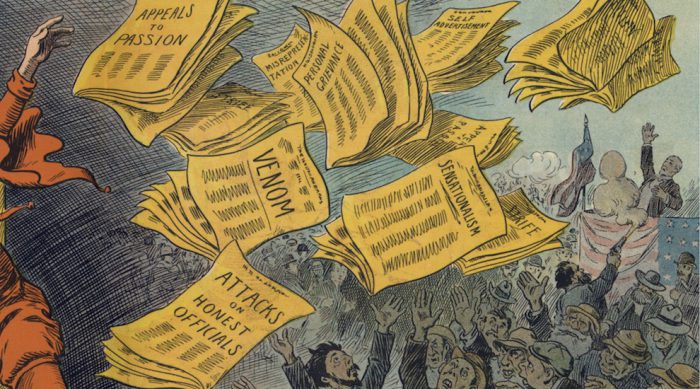Laura Hazard OwenOctober 11, 2019
“Persistent debates about what constitutes ‘fake news’ and distinctions between other types of false information are mostly distracting.” Plus: A guide to covering misinformation without burning your news org or your readers, and a discussion of filter bubbles as not-really-a-thing.








